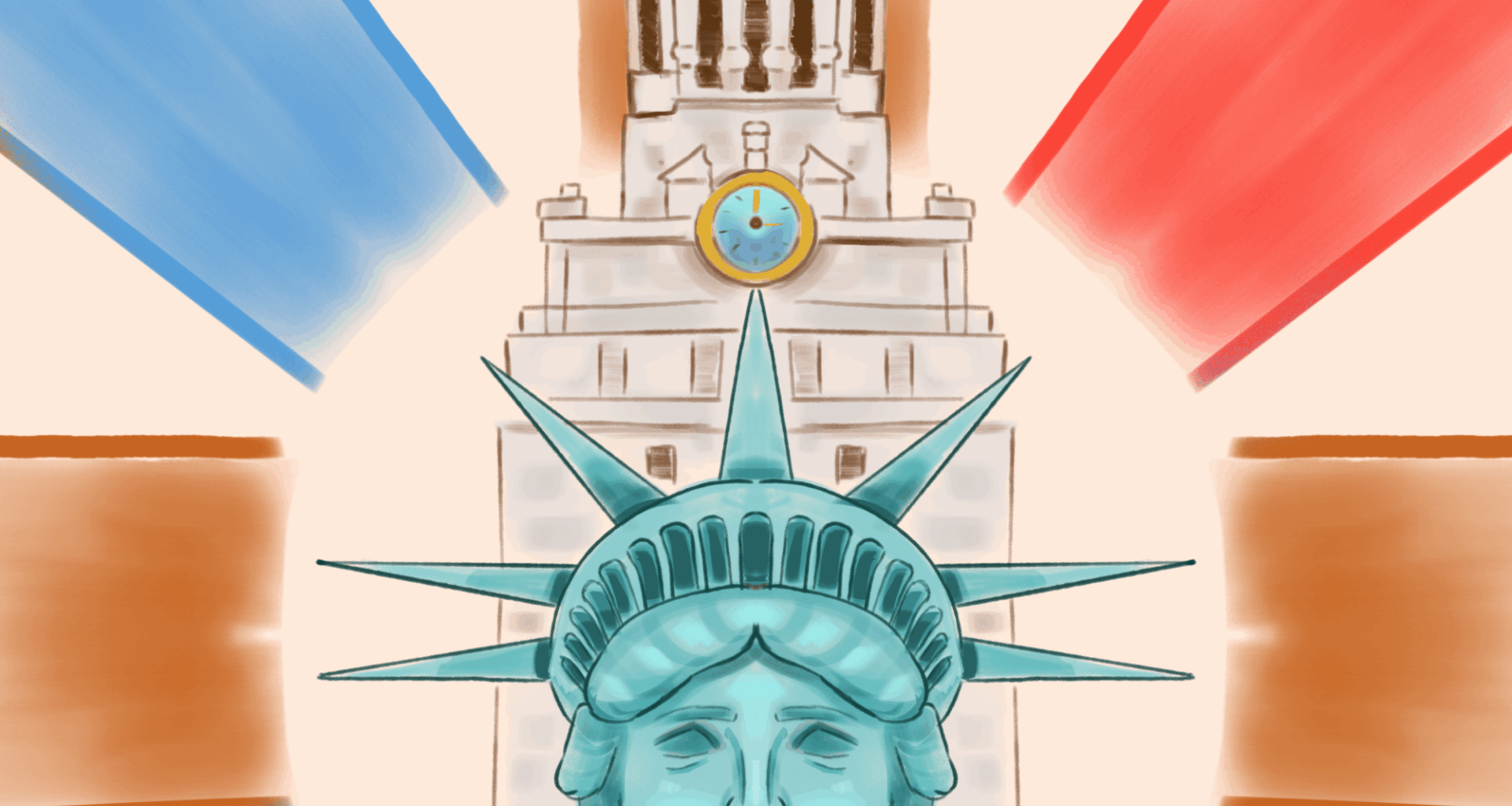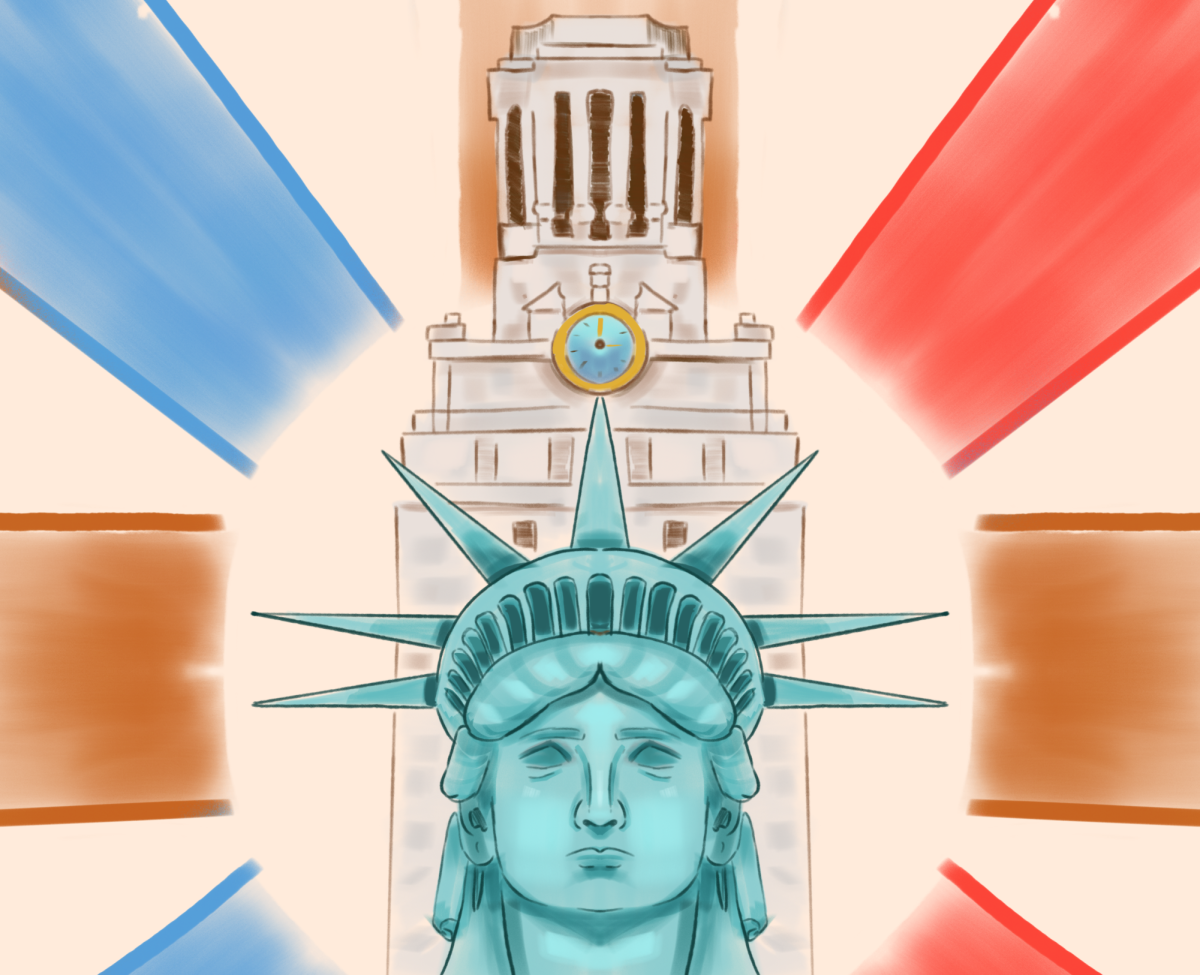As institutions built on academic discourse and inquiry, American universities historically mirror the large-scale conflicts facing the country through protest, debate and even violence. The assassination of Charlie Kirk, a prominent and controversial political speaker, on a college campus in September is a recent example of this phenomenon.
According to a 2023 report by the Pew Research Center, 79% of Americans express negative sentiments about US politics, and 84% say political debate has become less respectful in the past few years. These tensions are undoubtedly evident on college campuses, resulting in the increased polarization of students.
In this forum project, we asked UT students with various beliefs, levels of civic engagement and backgrounds to share their experiences with political polarization on campus.
Amin Mashhoon, geography senior and grassroots activist, emphasizes the need to not only embrace political tension but actively participate in it in order to decrease anti-intellectualism.
Arshia Papari, government junior, candidate for District 49 State Representative and National Co-Chair of the Green Party of the United States, explores decreasing trust in institutions, as seen in April 2024 with the administration’s decision to call state troopers on a student protest, which deepens polarization and divides students.
Daniel Pate, aerospace engineering and plan II honors freshman, Dedman Scholar and Texas Horn contributor, believes political polarization is unavoidable in an era of highly partisan politics, as citizens have a diversity of moral principles and core values.
Jadd Hashem, government senior and President of the Atidna at UT, the founding chapter of a national collegiate organization dedicated to fostering dialogue between Israeli and Palestinian communities, discusses how the dehumanization of different communities leads to a lack of dialogue and increased polarization.
Jasmine Rad, journalism junior and president of Longhorn Students for Israel, argues UT’s polarizing nature, reflected in her experiences as a Jewish student on campus, stems from overreaching political statements by professors at the expense of their students.
Leah Tharakan, government and economics senior, Archer fellow and contributor for Texas Undergraduate Law Journal and Bowden Fellow for the Bech-Loughlin First Amendment Center, highlights the need for students to engage with peers they disagree with in order to foster understanding and humanize our fellow students.
Thomas Belomestnov, history junior, Texas House legislative aide and Vice President of Texas Horns for Life, believes Gen Z’s tendencies of alienation and reactionary cancellation increases distrust, and encourages the protection of free speech and practice of empathy.
Zachary Chen, economics junior and member of Bridge Texas, a student organization dedicated to fostering debate between students with diverse viewpoints, explores political polarization’s damage to UT, and emphasizes the role partisan legislation plays in campus life.
Saunders is a journalism and government junior from Wheaton, Illinois. She is the editor-in-chief. As always, if you have any thoughts on this topic or any other, please feel free to contact the editorial team at [email protected].

